Shape Learning
Shape Learning is one of the most essential elements of early childhood education and involves providing kids with fundamental forms. Knowing forms is necessary as it lays the foundation for shaping learning activities and deeper mathematical concepts later in life. Furthermore, recognizing shapes helps with spatial perception growth, which is necessary for many important mental abilities. We are going to look at multiple effective methods and methods for teaching children the basics of types in what is shape learning?
Importance of Teaching Basic
In shape learning explain basic shapes first, such as rectangles, ovals, triangles, squares, and circles. Make use of real items to demonstrate your points, including a triangle piece of pizza, a rectangular book, or a round clock for a circle. To promote shape learning activities recognize shapes in the world around you.
Explore forms in the natural world while shaping learning outside. Draw your focus on the shapes present in the flowers, trees, clouds, and other elements of nature. Go on a shape-hunt in the garden or park, looking for different-shaped sticks, leaves, or rocks. Kid’s outdoor play sparks their curiosity and helps them make links between shapes and their surroundings.
Shapes:
Circle:
The circle—a form that has no starting point and no end—has attracted the imaginations of individuals. It is a sign with profound meaning that cuts over all fields and cultures because of its perfect symmetry, infinite continuity, and worldwide reach.
Diamond:
The diamond shape, often known as a rhombus or lozenge, is determined by two acute and two obtuse angles that create four equal-length edges. By adding to its aesthetic value its geometrical design gave him grace and balance.
Heart:
Heart is the most common and well-known shape due to its love representation. Valentine’s Day cards offers, and celebrations all use it to express romantic love between couples.
Hexagon:
The hexagon shape has long intrigued the interest of humans, as seen by the symmetric beauty of snowflakes and the engineering wonders of honeycombs. The hexagon, which has six equal sides and six angles, has a unique allure that crosses across disciplines, cultures, and natural phenomena.
Octagon:
Shapes are not only simply mathematical ideas; they additionally carry cultural and symbolic meaning. The octagon is one of the multiple geometrical forms that is famous for its unique characteristics and past significance. The octagon, with its eight sides and eight angles, has significance in geometry, architecture, and symbolism.
Oval:
The oval is a very unique shape among all of them because it mixes the extension of the ellipse with the beauty of a circle. Throughout history, the oval shape has been prized for its usefulness, visual appeal, and significance.
Pentagon:
With five sides and five angles, the pentagon is a unique shape in math, building design, and mythology. The pentagon is a form of geometry that has captivated mathematicians as artists, and architects for generations. The term “pentagon” comes from the Greek word “pente,” meaning five.
Rectangle:
The rectangle is an example of the beauty and efficient nature of geometric shapes because of its symmetric and balanced dimensions. The rectangle, a two-dimensional form with four right angles with both sides of equal length, can be observed in a lot of our constructed world, both everyday items and architecture.
Square:
The perfect alignment of the square is one of its most distinctive characteristics. A square has four equal sides and four right angles, like other shapes like the rectangle or rhombus. The square is widely utilized in design and building because of its constant building, which gives it a feeling of durability and balance.
Star:
It evokes reverence and respect since it shows up in nature, art, and symbolism, throughout nations and centuries. From the well-known five-pointed star symbol to the sparkling stars in the night sky, this shape has profound meaning and a distinctive place in human knowledge.
Triangle:
A triangle is a triple-sided polygon that has a total of three angles. Its enclosed trio-sided individual, produced by connecting three non-collinear points, is what makes it distinctive. The angle sum theory indicates that the sum of a triangle’s inner angles remains equivalent to 180 degrees.
Conclusion:
One of the most significant and advantageous elements of early childhood education is that it teaches kids about basic shape learning. Teachers can make shape learning activities enjoyable and effective by using games, hands-on tasks, visual aids, music, outdoor exploration, arts and crafts, and repetitions. The above what is shape learning? methods not only assist in identifying shapes in kids but they also set a stage for future mathematical concepts and mental development. The bottom line is that educators may provide kids with lifetime learning and inquiry abilities by helping them build a passion for learning.
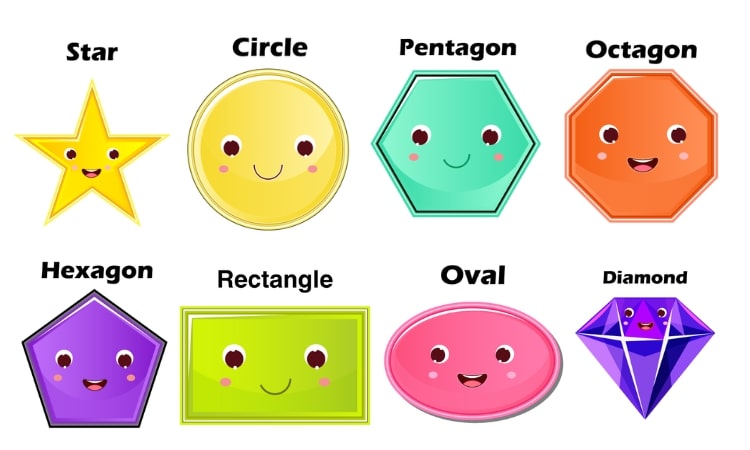

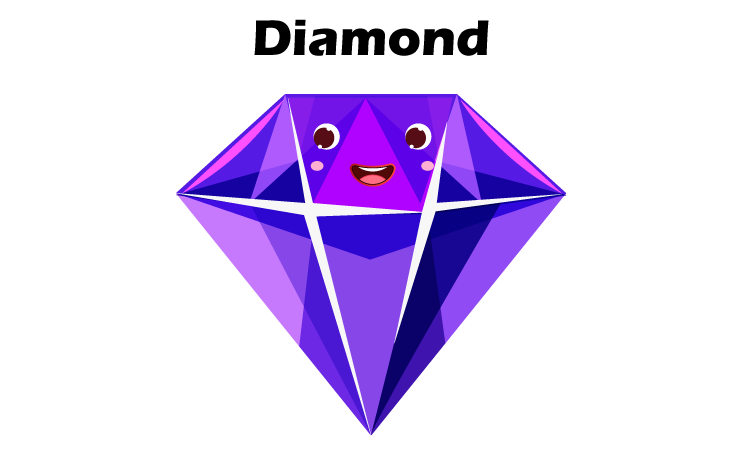

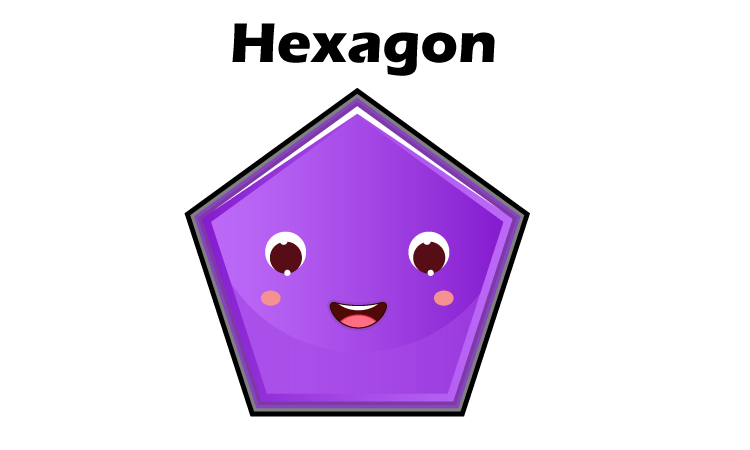
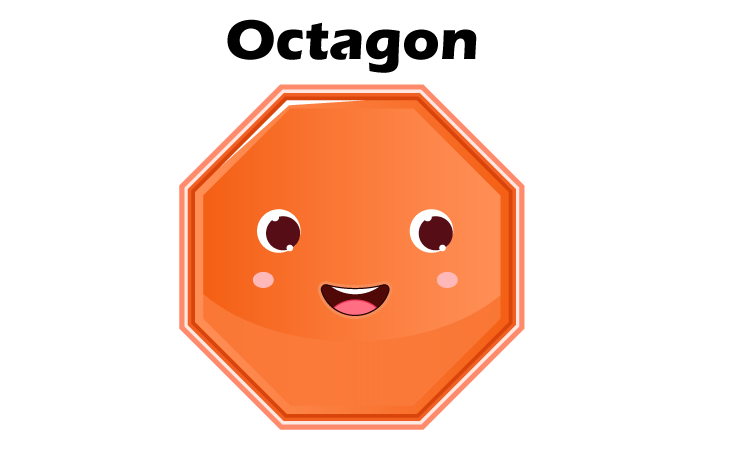
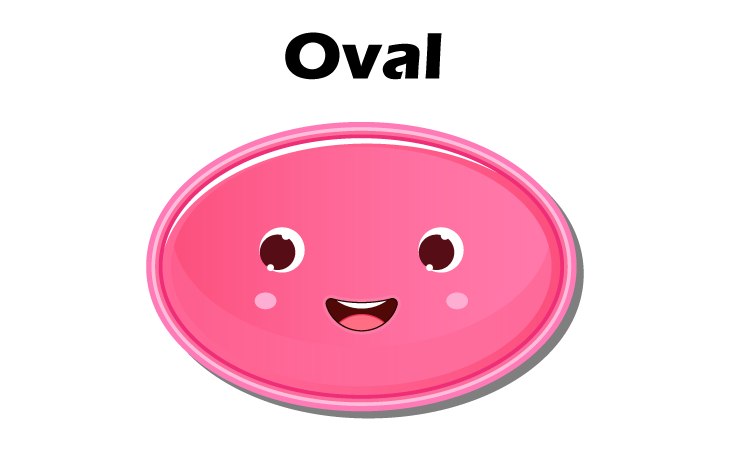







0 Comments